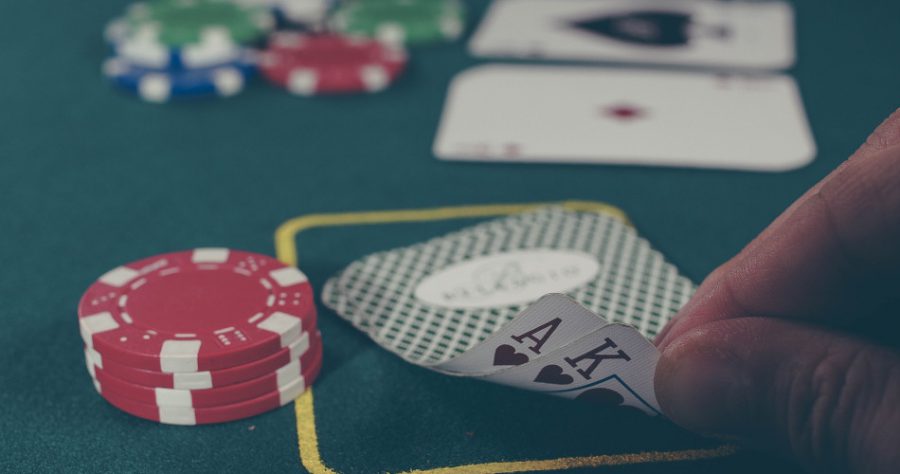‘Superhuman’ AI Beats Professional Poker Players In Texas Hold’em

An artificial intelligence named Pluribus has made history after being five human professional poker players during a 12-day marathon of online Texas Hold’em.
Over 12 days and more than 10,000 hands, Pluribus faced 13 professional poker players through two experiments. In one, Pluribus played against five human players each of whom have made more than $1 million playing the game, and in a second five versions of Pluribus played against one human.
The journal Science reports that during the five humans one AI experiment, Pluribus played against professional players Jimmy Chou, Jason Les, Trevor Savage, Seth Davies, Sean Ruane, Michael Gagliano, Nicholas Petrangelo, Anthony Gregg, Greg Merson, Dong Kim, Daniel McAulay and Linus Loeliger.
“IT’S REALLY HARD TO PIN HIM DOWN ON ANY KIND OF HAND.”
In the experiment, five players from the pool were selected each day to play against Pluribus and one another, though participants were not told who they playing against and were assigned an alias that remained constant throughout the experiment. In addition, $50,000 was divided among the human players dependent on their performance in order to incentivise them to play.
Meanwhile, the second experiment saw professional poker players Chris Ferguson and Darren Elias, who currently holds the record for most World Poker Tour titles, faced off five versions of Pluribus, though the AIs could not work together against the player.

The two human players both played 5,000 hands of poker against the technology and were offered $2,000 for participation as well as an additional $2,000 for performing better against Pluribus than the other human player. However, Pluribus beat all players and made an average of $5 per hand with hourly winnings of around $1,000.
A Significant Milestone
Pluribus was developed for Facebook AI Research by Tuomas Sandholm and his PhD student Noam Brown at the Carnegie Mellon University in Pittsburgh. It was taught to play poker by playing against copies of itself, a common technique for AI training as the system learns through trial and error.
Following this, Pluribus, which was created in eight days, was taught only to look two or three moves ahead in the game rather than trying to predict how its opponents would play throughout the entire game. The scientists and participating players found that Pluribus was good at bluffing.
In fact, Jason Les, one of the participators of the experiment, said: “You really want to push the AI, try everything you can to find a weakness. Obviously we weren’t able to. Chris Ferguson, a six-time World Series of Poker champion, added: “Pluribus is a very hard opponent to play against. It’s really hard to pin him down on any kind of hand.”
“IT’S SAFE TO SAY WE’RE AT A SUPERHUMAN LEVEL AND THAT’S NOT GOING TO CHANGE”.
The scientists behind Pluribus have described AI’s achievements as a “significant milestone” in AI research. In a statement to The Verge, Brown said of the AI: “It’s safe to say we’re at a superhuman level and that’s not going to change.”
While computer programs have achieved superhuman performance against players in board and computer games such as Chess and Starcraft II, no program had ever achieved this level of performance against poker players. Prior to Pluribus, an AI named Libratus managed to defeat human players during one-on-one games.
However, the ability to beat five players in a poker game as complex as Texas Hold’em provides scientists with the information needed to continue developing AI and possibly even opening it up to real-world problems. Sandholm suggests Pluribus’ algorithm has the potential to tackle investment banking, fraud prevention, financial negotiations and even deciding how much US political candidates should spend on advertising.